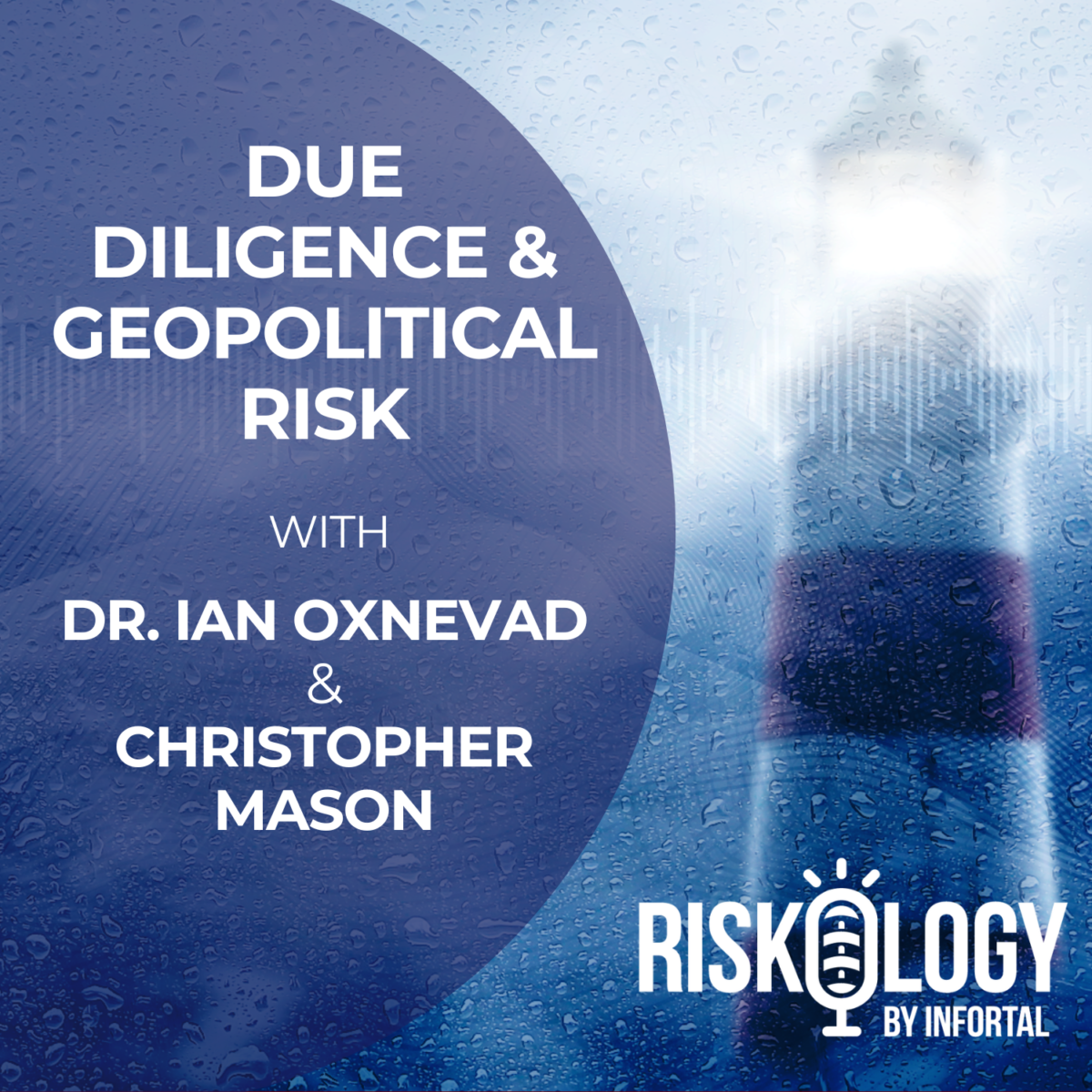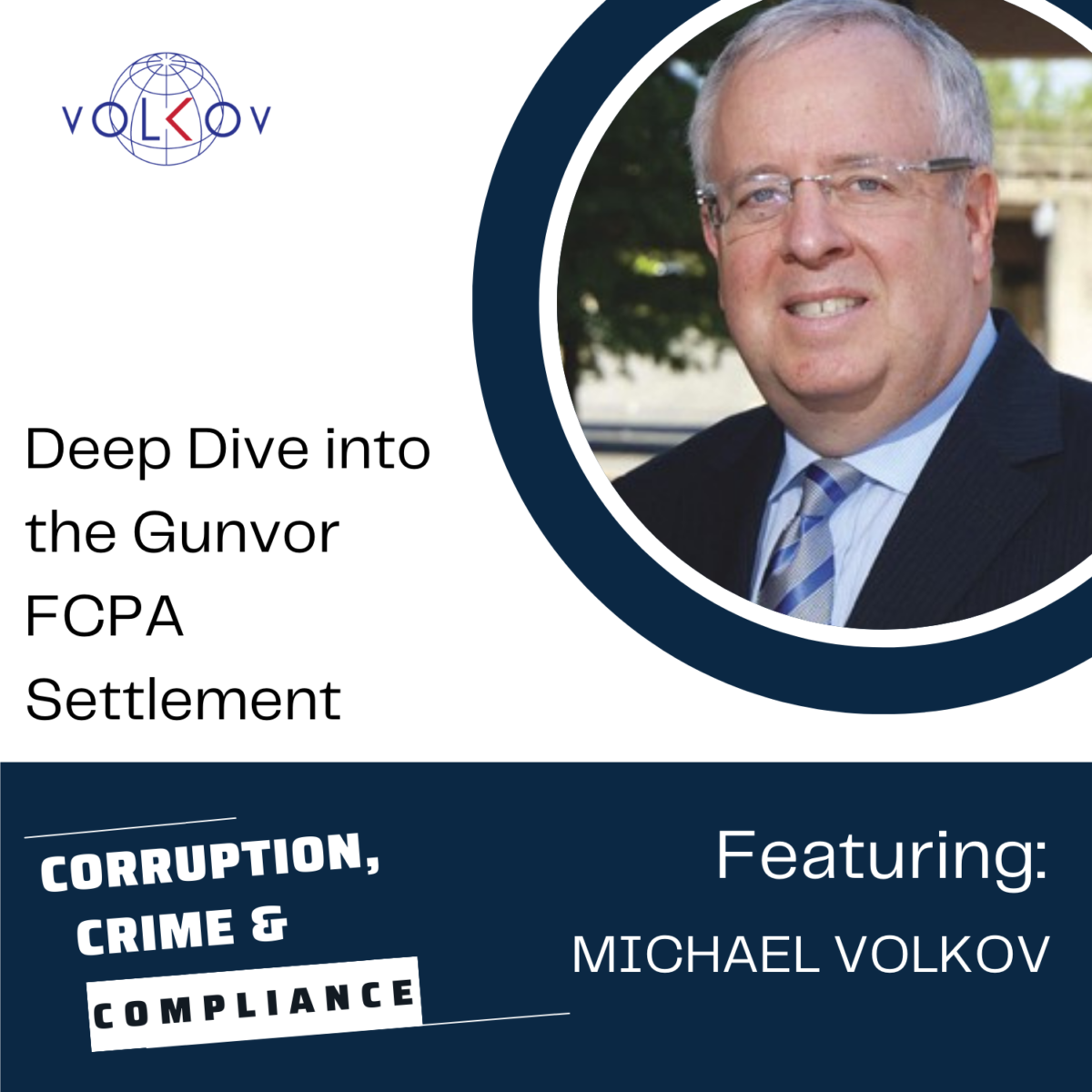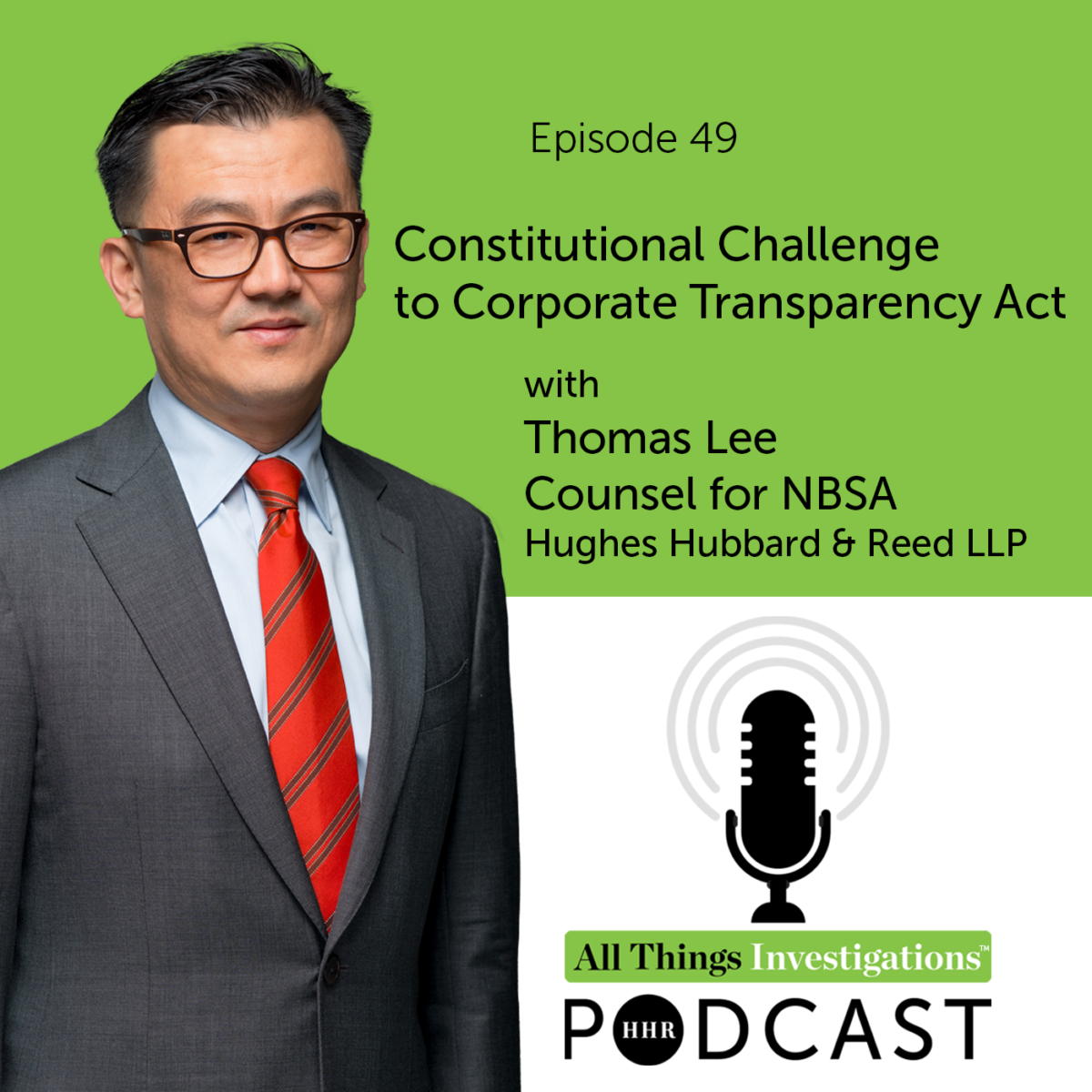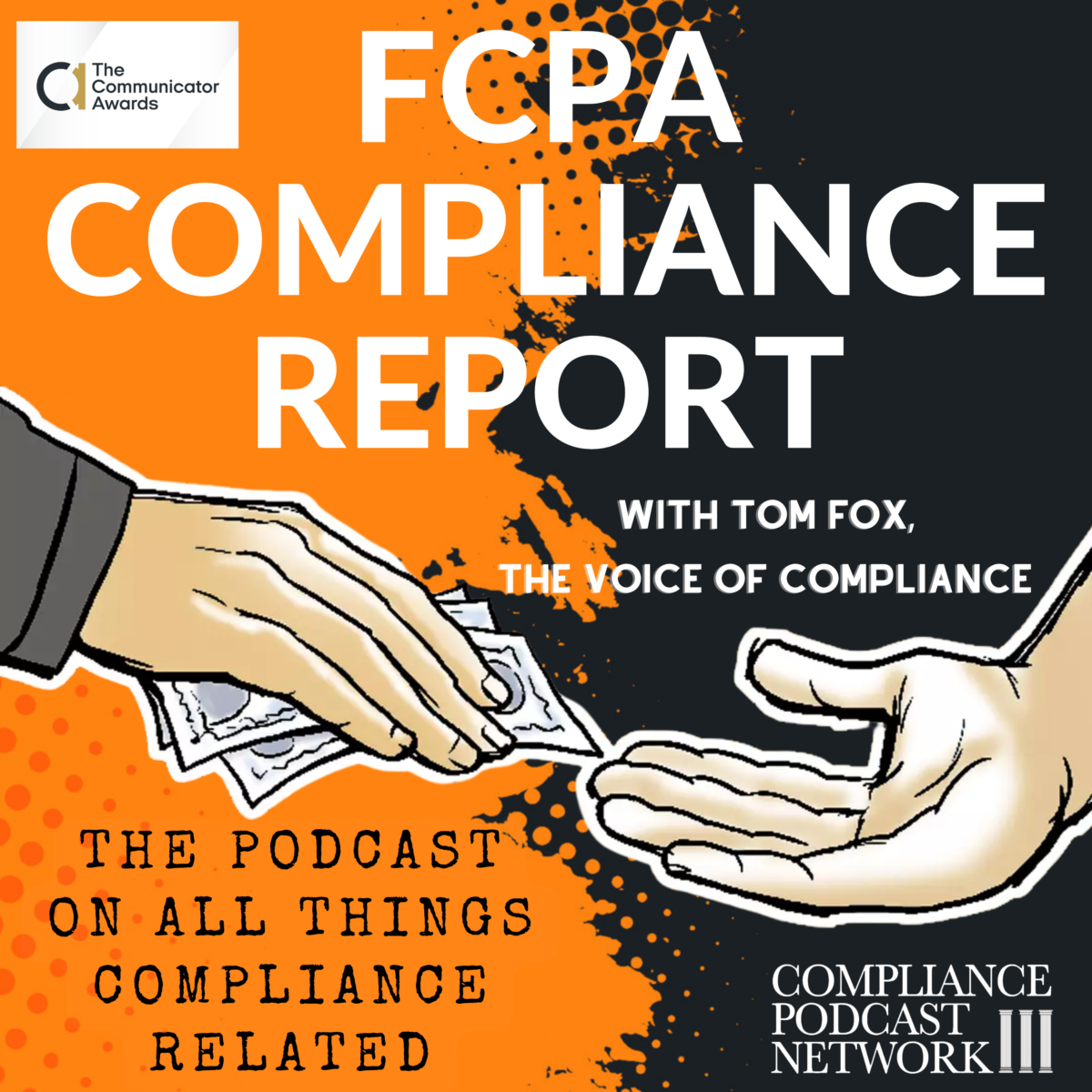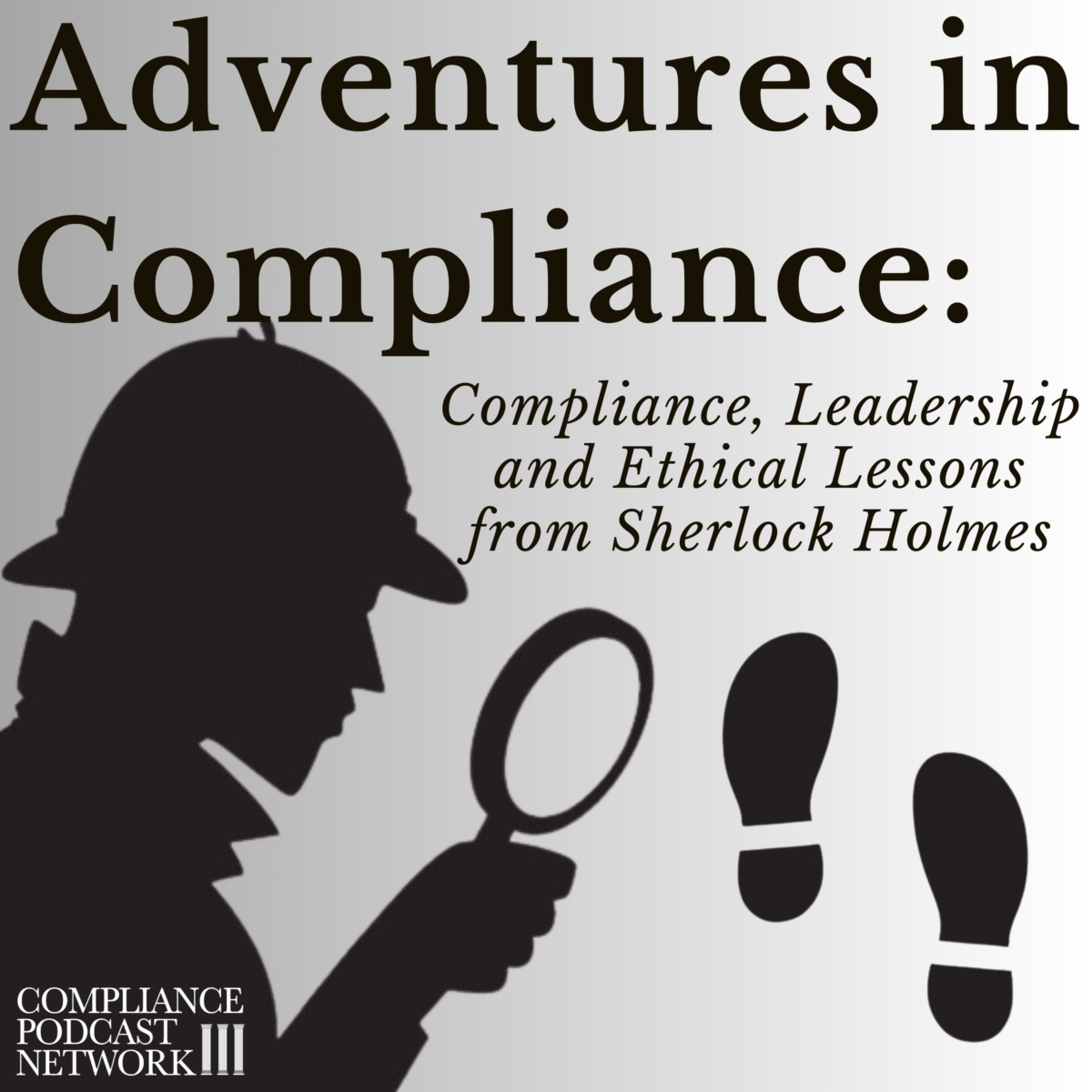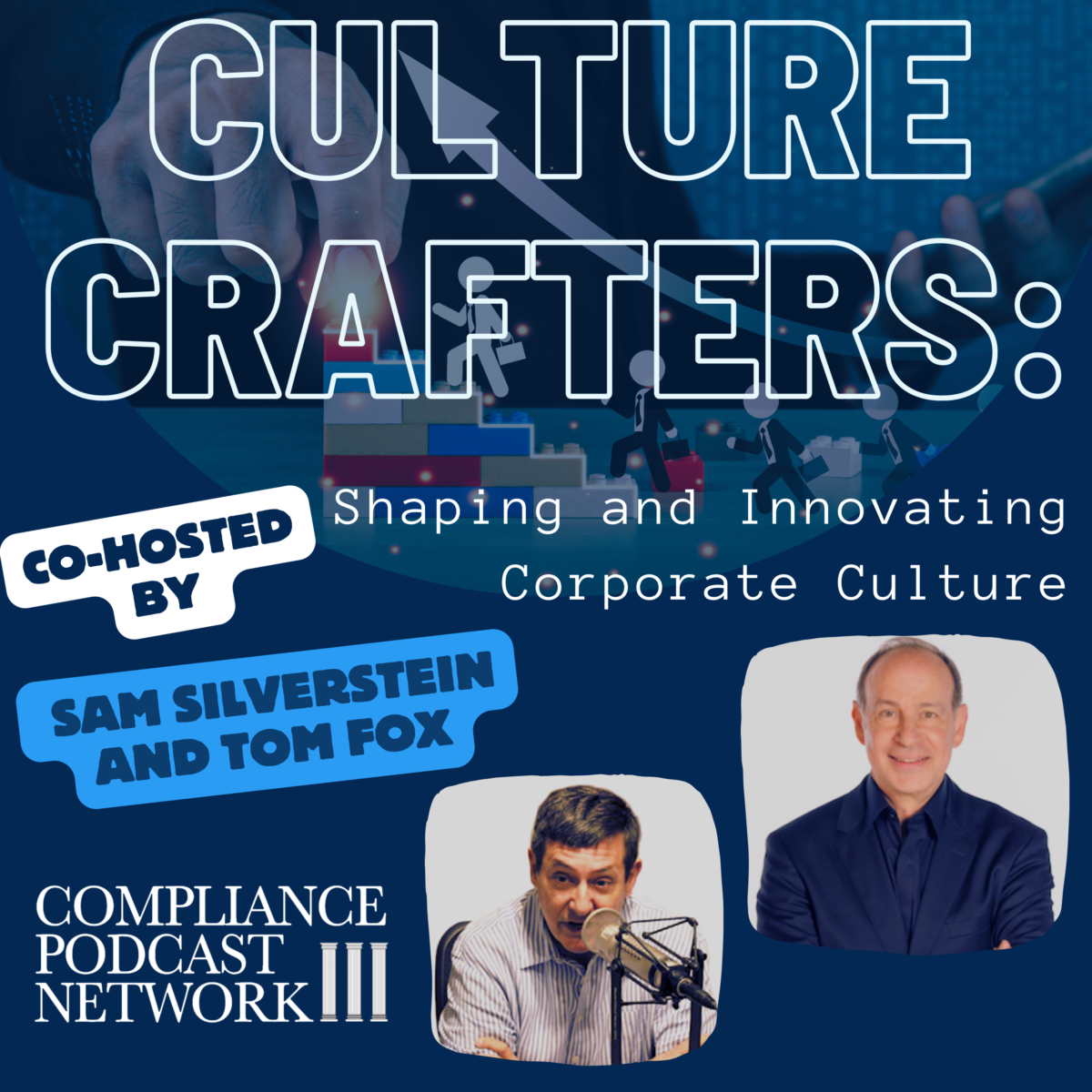Why should you audit your culture? A compliance professional can utilize a comprehensive approach to evaluate various aspects of a company’s culture, including ethics, engagement, accountability, and diversity. Tom Fox and Sam Silverstein took up this topic in the inaugural episode of the Culture Crafters podcast. Silverstein emphasized the pivotal role of a high-performance culture in attracting and retaining top-tier talent, ultimately leading to improved company performance and profitability. According to Silverstein, the shortest and quickest path to organizational transformation is through culture, as it forms the core of all change.
Beginning with the speech by Deputy Attorney General Lisa Monaco in October 2021, they recognized the need for companies to assess, manage, monitor, and improve their corporate culture. This was memorialized in the 2023 Evaluation of Corporate Compliance Programs (ECCP) update, announced in January 2023. In the ECCP, the DOJ asks the following questions: how often and how does a company measure a culture of compliance? What are your hiring and incentive structures around compliance? What steps have you taken in response to your measurements of compliance?
All these questions posed by the DOJ lead to the requirement that every company assess its culture because the DOJ will take any enforcement action or review. However, it can be done using the same current compliance processes, as culture is just like any other risk. As a risk, it can be assessed. This is why a culture audit is a necessary first step in determining where your culture is, what needs improvement, and how to do so.
As important as it is to meet these DOJ expectations, the real power is to create a high-performing culture to allow your organization to grow to its potential. Focusing on a high-performance culture can lead to an 80% increase in performance, profits, and employee retention, fostering a productive work environment and driving overall success. The bottom line is that a high-performance culture is essential for attracting and retaining top-tier talent and can significantly improve a company’s performance and profitability.
Every compliance professional understands that you must first assess your risks in risk management. When you have assessed a risk, you can start to put together a risk management strategy. The same is true for corporate culture. You must first assess where your culture is and then move forward to improvement through culture and a culture management strategy. With your culture strategy in place, you can train your employees and monitor their performance, determining the results. From there, you can improve your culture strategy as needed. But it all starts with a culture audit.
The steps are familiar to every compliance professional.
- Assess Every Level. To gain a comprehensive understanding of the company’s culture, you must assess everyone in the organization, not just senior leadership.
- Continuous Improvement. After conducting the culture audit, organizations must receive a detailed Culture Audit Report, which includes responses and action plans. This report serves as a roadmap for companies to focus on key drivers, enhance alignment, and continuously improve their workplace culture.
- Sustain High Performance. Focus on building a high-performance culture can yield remarkable results, including an 80% increase in performance, profits, and employee retention. Creating a culture that inspires individuals to excel and be accountable is essential for long-term success.
To facilitate this, Silverstein created Culture Audit™. The Culture Audit is a software solution that assesses critical areas of a company’s culture, such as ethics, engagement, accountability, and diversity, providing actionable insights for improvement. Available in over 20 languages, it aids in transforming a company’s culture for sustainable high performance. A high-performance culture is essential for attracting and retaining top-tier talent and can significantly improve a company’s performance and profitability. The Culture Audit Report, a detailed document with responses and action plans, enables organizations to enhance their workplace culture effectively. The audit results are auditable, ensuring accurate conclusions and data traceability, adding credibility to the process. Focusing on a high-performance culture can lead to an 80% increase in performance, profits, and employee retention, fostering a productive work environment and driving overall success.
Silverstein encapsulates the essence of culture transformation: “The shortest, quickest path to seeing transformation in an organization is always through the culture because that’s at the core of all transformation.” Every business is incumbent upon preparing a comprehensive document that takes a deep dive into its culture assessment results and guides it on the path to improvement. This report is a foundation for implementing educational initiatives, training programs, and organizational transformation.
In conclusion, the culture audit is not a one-time fix but a continuous process that requires regular assessment and improvement. By prioritizing a high-performance culture, companies can create a productive work environment, attract top talent, and drive overall success.


